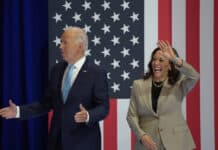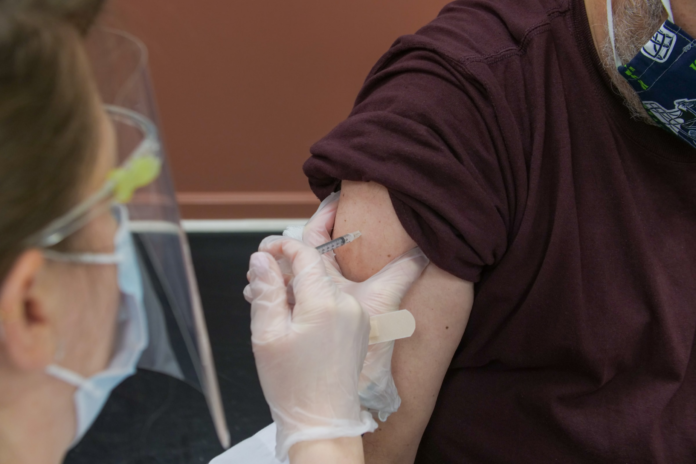Over 200 hospital workers in Massachusetts have signed on to a lawsuit against their employer that claims its COVID vaccine mandate violates federal law.
There are 229 plaintiffs in the lawsuit, all of them employees of the hospital network Mass General Brigham, reports National Catholic Register. The suit, filed in U.S. district court, may be the last attempt at formally objecting to the mandate before the employees are possibly terminated next Friday, Nov. 5.
The employees allege that Mass General Brigham is discriminating against them on the basis of religion and disability — breaking both the Civil Rights Act of 1964 and Americans With Disabilities Act of 1990 — by mandating the COVID vaccine with no medical or religious exemptions.
One doctor told an employee seeking a medical exemption that “we cannot offer any medical exemptions for the COVID vaccine — not even for anaphylaxis or severe allergic reactions or primary or secondary immunodeficiencies.”
Another employee named in the suit said he received religious exemptions for multiple vaccines in the past, but his hospital decided he could not be exempt from the COVID vaccine.
“You have received religious exemptions in the past; however, they do not carry over from one year to the next,” an October email to the employee reads. “We have implemented a new process this year to evaluate requests for religious exemptions, and this year your request is denied.”
Ryan McLane, the lawyer who filed the lawsuit on behalf of the Mass General Brigham employees, emphasized per National Catholic Register that the COVID vaccine itself is not the lawsuit’s primary issue.
“It’s about religious freedom and religious protection — and about disability protection,” he said.
In related news, state workers in Minnesota are continuing to push back against a vaccine mandate which requires them to show proof of vaccination or undergo weekly testing.
During a hearing hosted by two Minnesota Senate committees earlier this month, Melissa Schultz of the Department of Transportation testified that some of her colleagues are suffering “anxiety attacks” and insomnia over the policy.


















